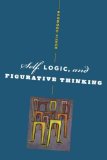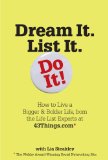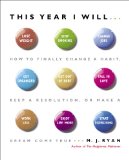new book: ‘The Element: How Finding Your Passion Changes Everything’
January 11, 2009
 The Element: How Finding Your Passion Changes Everything by Sir Ken Robinson (found via TED Blog) is published by Viking.
The Element: How Finding Your Passion Changes Everything by Sir Ken Robinson (found via TED Blog) is published by Viking.
Product Description
From one of the world’s leading thinkers and speakers on creativity and self-fulfillment, a breakthrough book about talent, passion, and achievementThe element is the point at which natural talent meets personal passion. When people arrive at the element, they feel most themselves and most inspired and achieve at their highest levels. The Element draws on the stories of a wide range of people, from ex-Beatle Paul McCartney to Matt Groening, creator of The Simpsons; from Meg Ryan to Gillian Lynne, who choreographed the Broadway productions of Cats and The Phantom of the Opera; and from writer Arianna Huffington to renowned physicist Richard Feynman and others, including business leaders and athletes. It explores the components of this new paradigm: The diversity of intelligence, the power of imagination and creativity, and the importance of commitment to our own capabilities.
With a wry sense of humor, Ken Robinson looks at the conditions that enable us to find ourselves in the element and those that stifle that possibility. He shows that age and occupation are no barrier, and that once we have found our path we can help others to do so as well. The Element shows the vital need to enhance creativity and innovation by thinking differently about human resources and imagination. It is also an essential strategy for transforming education, business, and communities to meet the challenges of living and succeeding in the twenty-first century.
See also: website for The Element
An earlier book by Ken Robinson is Out of Our Minds: Learning to be Creative





